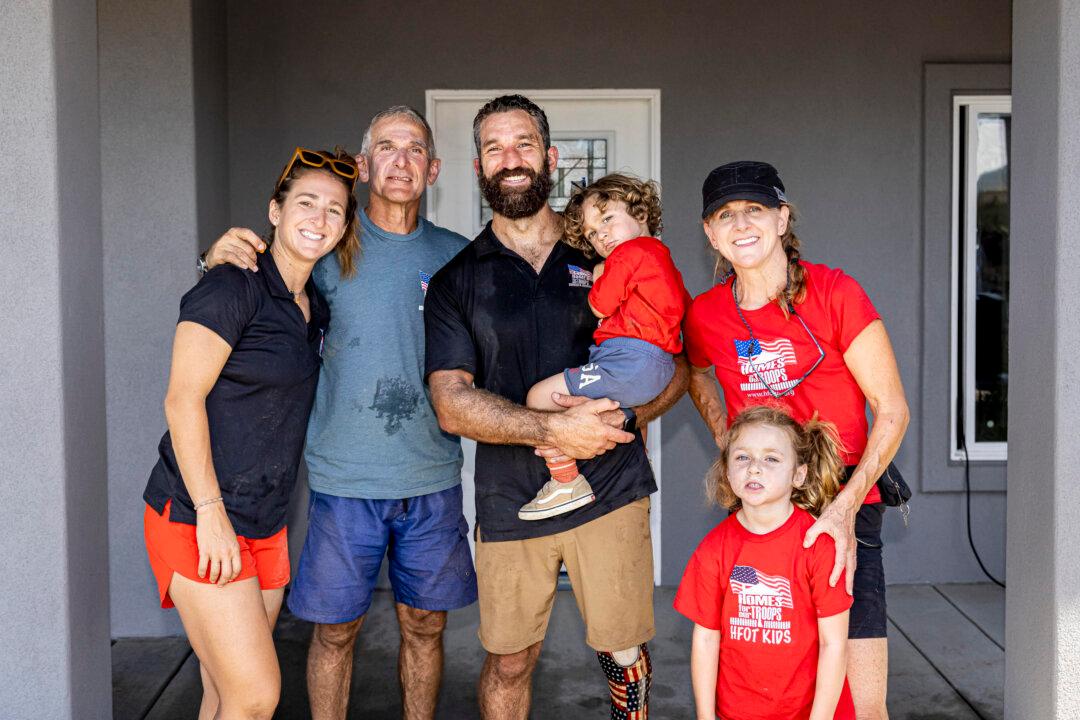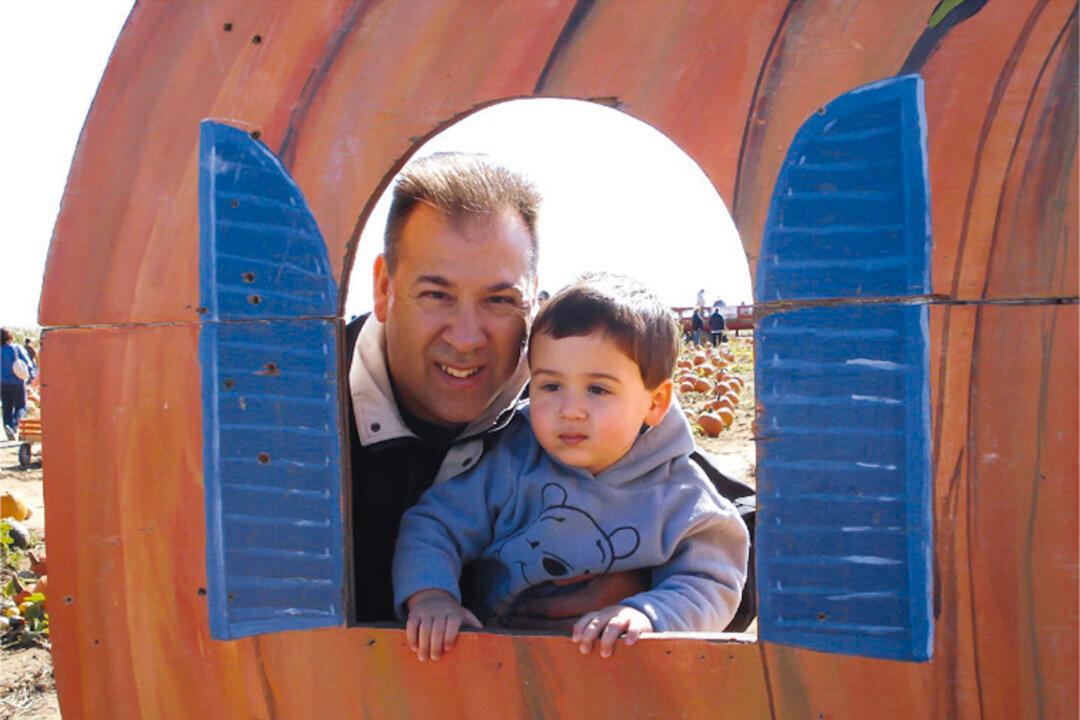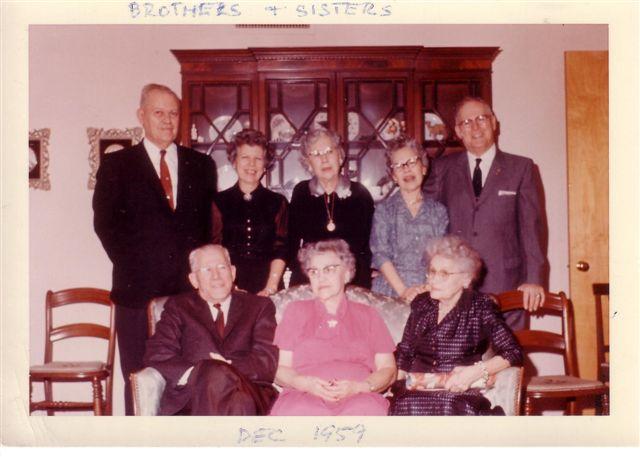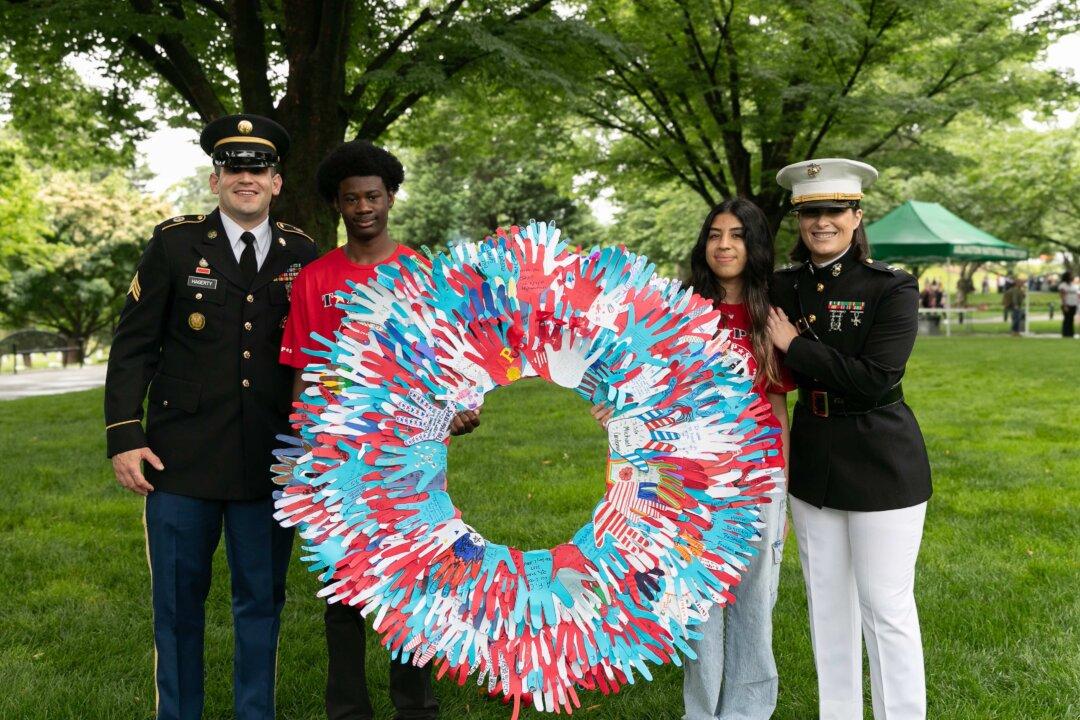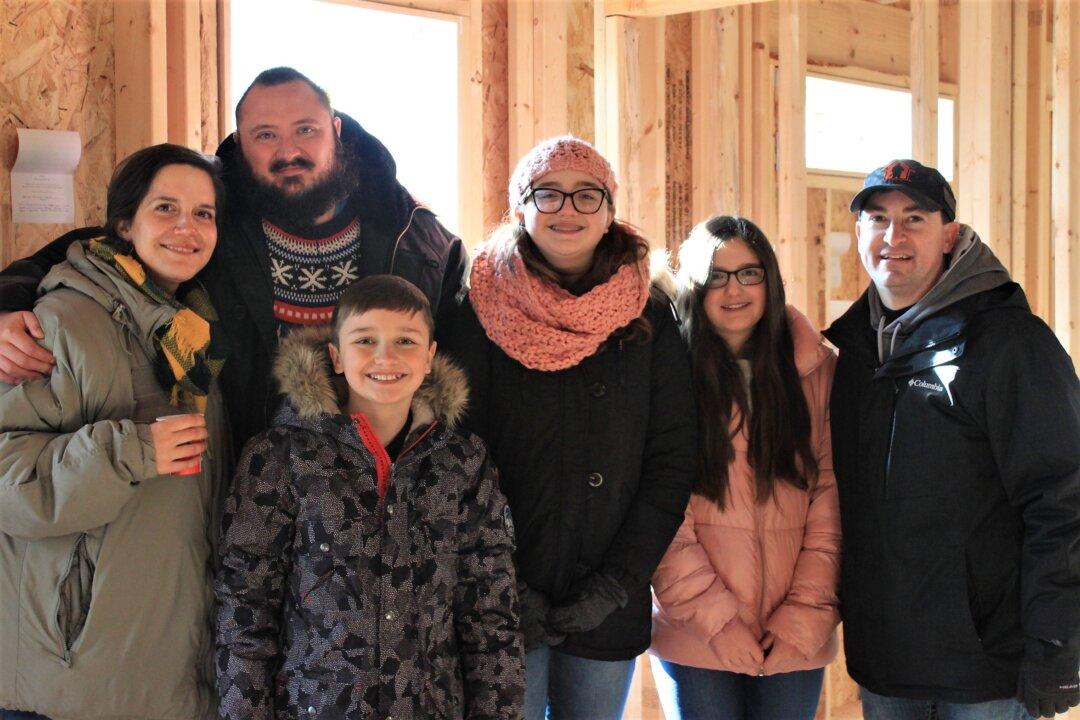Disabled veterans Redmond Ramos and Max Rhon first met while competing at the Warrior Games, an annual sporting event for injured military officers. The two crossed paths again serendipitously on a flight to Colorado, and from that moment on, the two became best friends. “Max and I are brothers in arms. Brothers in—legs?” Ramos joked, alluding to them both being “below the knee” amputees.
Ramos and Rhon were U.S. Navy corpsmen who suffered injuries while on duty. Today, Ramos is a forensic analyst working to fight sex trafficking, while Rhon is an athlete who has competed in the U.S. Paralympics.

